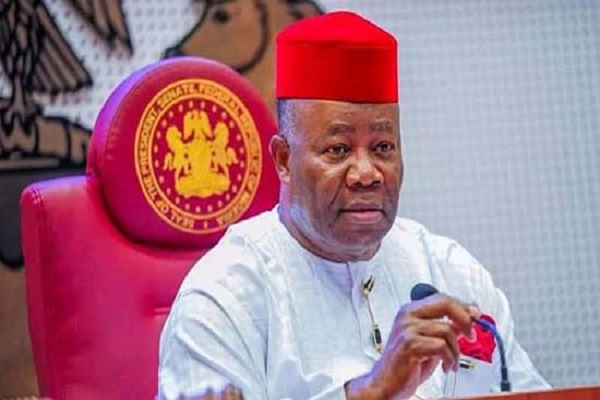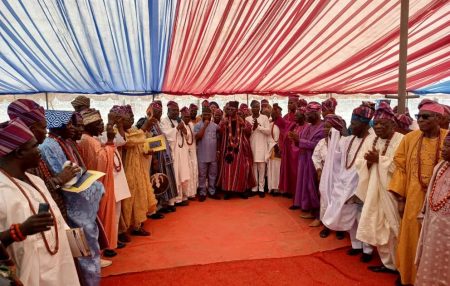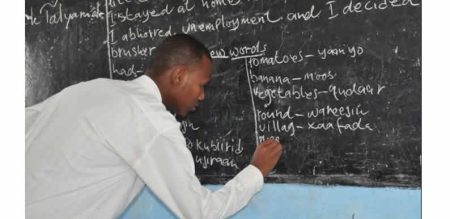The Senate has entered into a closed-door session following a significant motion raised by Deputy Senate Leader, Oyelola Ashiru, on a matter of privilege. In his motion, Ashiru cited various orders from the Senate Standing Rules, specifically Orders 9, 10, 41, and 52, highlighting the urgent nature of the issue at hand. He emphasized that Order 9 pertains to the collective privileges of the Senate and its individual members, underscoring the necessity for immediate attention whenever a matter of privilege arises. Ashiru’s motion sought to reinforce the procedural requirements in the absence of explicit rules concerning the matter in question.
As Ashiru outlined the importance of Order 10, which allows any senator to address a sudden issue of privilege without prior notice, he intended to spotlight possible breaches or contempt related to the Senate’s conduct. However, he was interrupted by Senate President Godswill Akpabio, who directed that the Senate Leader, Opeyemi Bamidele, would make an announcement. This setup paved the way for Bamidele to request that the Senate transition into a closed-door session, which was essential for discussing sensitive national issues.
Bamidele’s request for an executive session was seconded by Senate Minority Whip Osita Ngwu, who emphasized the need for confidentiality regarding the discussions planned. Akpabio affirmed the motion, indicating that a pressing national matter required the Senate to meet privately to deliberate away from public scrutiny. Although Ashiru did not specify the details of the privilege issue, it is believed to have been connected to recent tensions between him and the National Drug Law Enforcement Agency (NDLEA).
The backdrop of this closed session involves a previous confrontation between Ashiru and the NDLEA, which arose during a debate concerning the establishment of the National Institute for Drug Awareness and Rehabilitation. In that debate, Ashiru harshly criticized the NDLEA, labeling it “the most corrupt and compromised agency.” In retaliation, the NDLEA accused Ashiru of harboring personal motives behind his criticisms, alleging that his remarks stemmed from a vendetta related to past drug-related incidents at his home that led to the arrest of individuals involved in drug abuse.
In a statement issued by Ashiru’s Special Assistant, Olaitan Adeyanju, the senator’s camp disputed the NDLEA’s claims of drug discoveries at Ashiru’s residence. The statement challenged the NDLEA to substantiate its accusations by taking appropriate legal action against any individuals involved in drug activities. It insisted that the NDLEA’s allegations might be rooted in Ashiru’s vocal stance against the agency’s alleged corruption, and it clarified that Ashiru did not attempt to influence the outcome of drug-related charges against people associated with him.
This ongoing confrontation highlights the intertwining of political privilege, accountability, and agency integrity within Nigeria’s legislative framework, thereby reflecting the complex dynamics at play. As the Senate’s closed-door discussions unfold, the outcomes could significantly impact not just Ashiru’s standing but also the credibility of the NDLEA amid allegations of corruption. The situation serves as a lens into the larger issues of governance, oversight, and the personal conflicts that can arise in public service arenas, ultimately foreshadowing a potential reshaping of both public perception and policies regarding drug enforcement in Nigeria.













